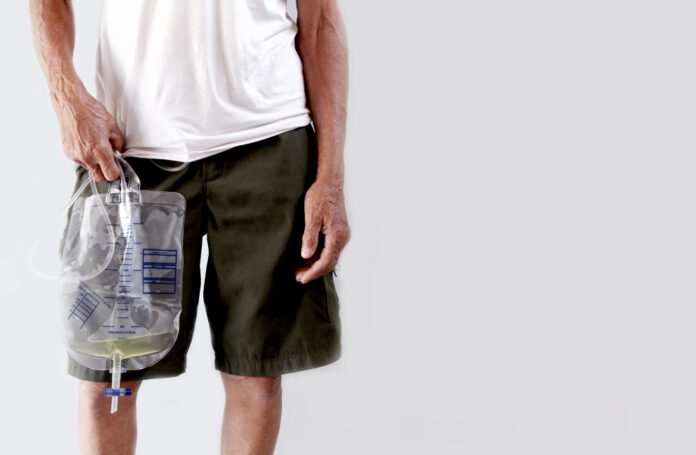People with disabilities who need catheters face significant challenges in getting health insurers to adequately cover the cost of supplies, leading some to even re-use their catheters, according to a study released in March 2022 by the Spina Bifida Association and Duke Health.
The study reports that, among all catheter users surveyed, the average annual out-of-pocket cost for catheters and catheter supplies is $789, and for users who must pay anything out-of-pocket, the average annual cost is $1,464. The average amount that individuals pay out-of-pocket for catheters and catheter supplies varies significantly by type of health plan and by brand of commercial plan.
Among the catheter users surveyed with commercial coverage, those with United Healthcare reported having the lowest coverage, with 42 percent surveyed reporting that United Healthcare covered none of the catheter costs. The average annual out-of-pocket costs for catheters and catheter supplies for users surveyed that were insured by United Healthcare was $2,188, followed by BlueCross BlueShield ($1,670) and Aetna ($1,385). Cigna had the highest catheter coverage of the commercial health plans included in the report. Among the catheter users surveyed, 79 percent reported that the insurer covered “all or some” of their catheter costs.
More than one in ten (12%) of the users surveyed report reusing catheters, with a majority citing cost issues and lack of health plan coverage as a factor.

“Life can be challenging enough for people with disabilities and their families, and it’s unfair that insurance companies are only adding to this burden by refusing to cover everyday, crucial medical supplies,” said Jenna Davis, whose 2-year-old daughter Merritt relies on catheters due to living with Spina Bifida.
“When our insurance company denied coverage for Merritt’s catheters, we were stunned. They had lumped catheters in the same supply category as bandages and gauze. Merritt uses over one thousand catheters a year, so to pay out-of-pocket for these, we’re talking thousands and thousands of dollars in excess medical costs,” added Davis.
People with a public or government health plan reported having better coverage for catheters than did those with commercial or private plans, paying the least out-of-pocket (an average of $531/year).
The study, which surveyed 2,510 people with disabilities, was conducted to determine to what extent catheters are being covered by health insurers and health plans. The report was co-sponsored by United Spinal Association, Christopher & Dana Reeve Foundation, and Paralyzed Veterans of America.
The Spina Bifida Association along with all partner organizations and allied stakeholders will work with Congressional and federal agency officials to ensure that all people with disabilities who use catheters have the access and coverage they need for prescribed medical supplies to maintain their own health and to avoid costly and avoidable hospital readmissions, infection and even death.
Have you encountered disability-related insurance hurdles?






